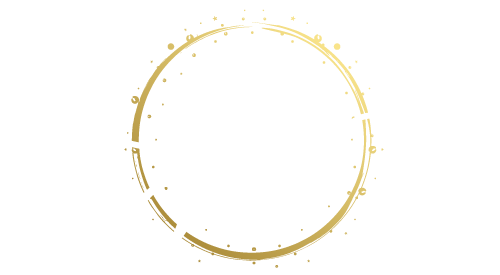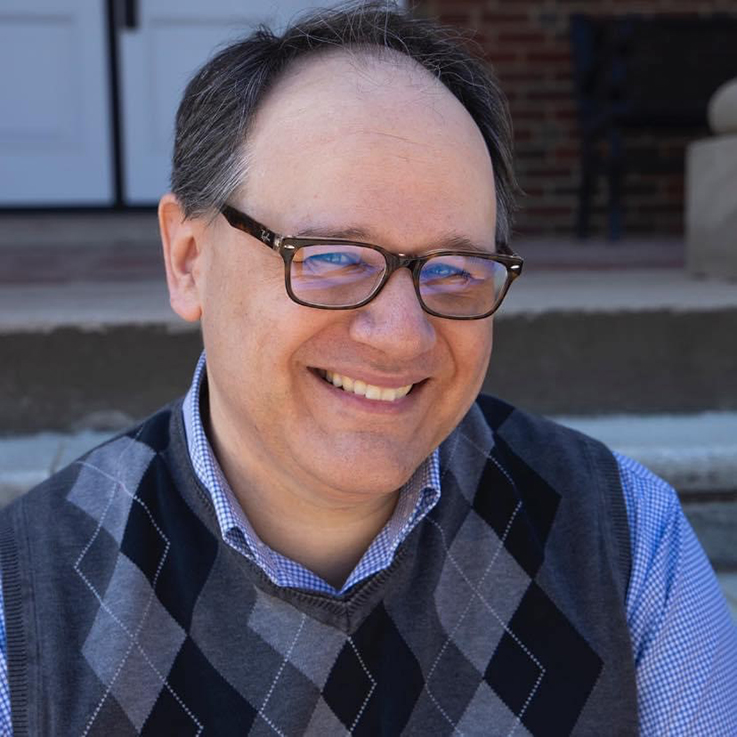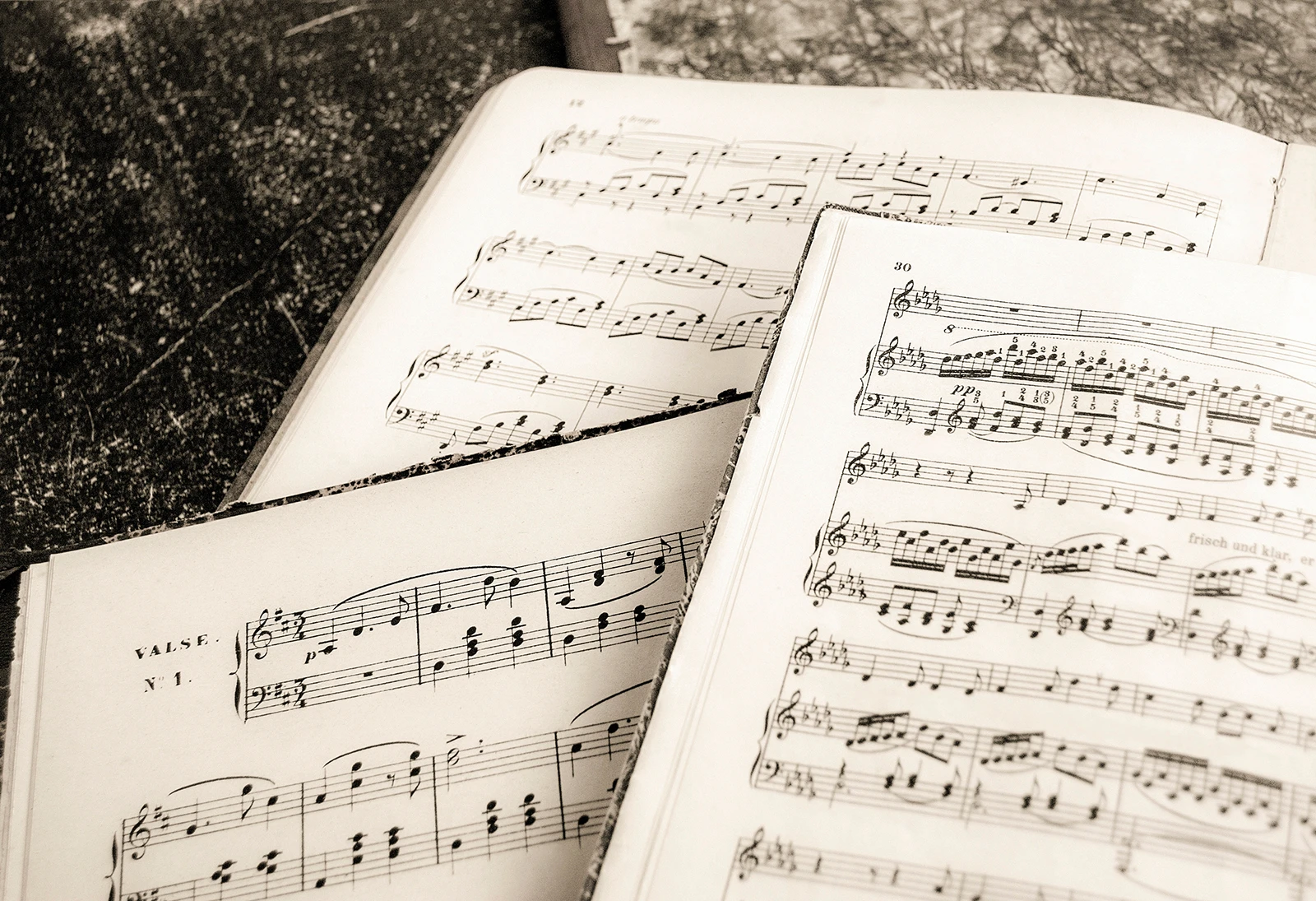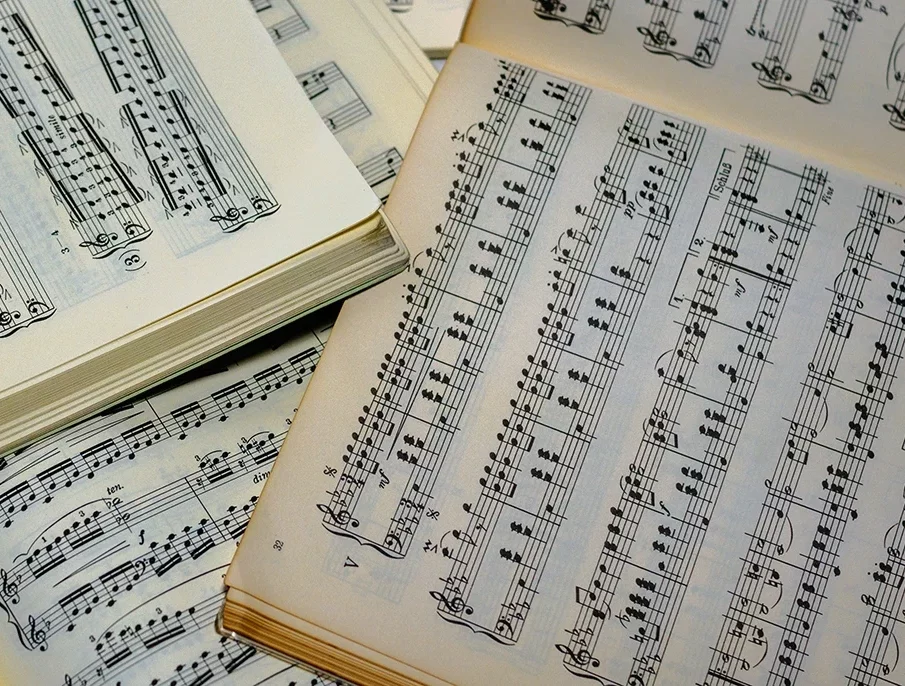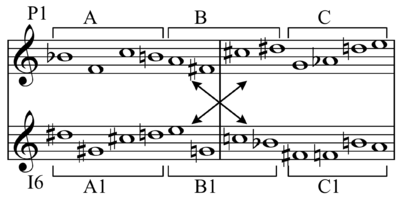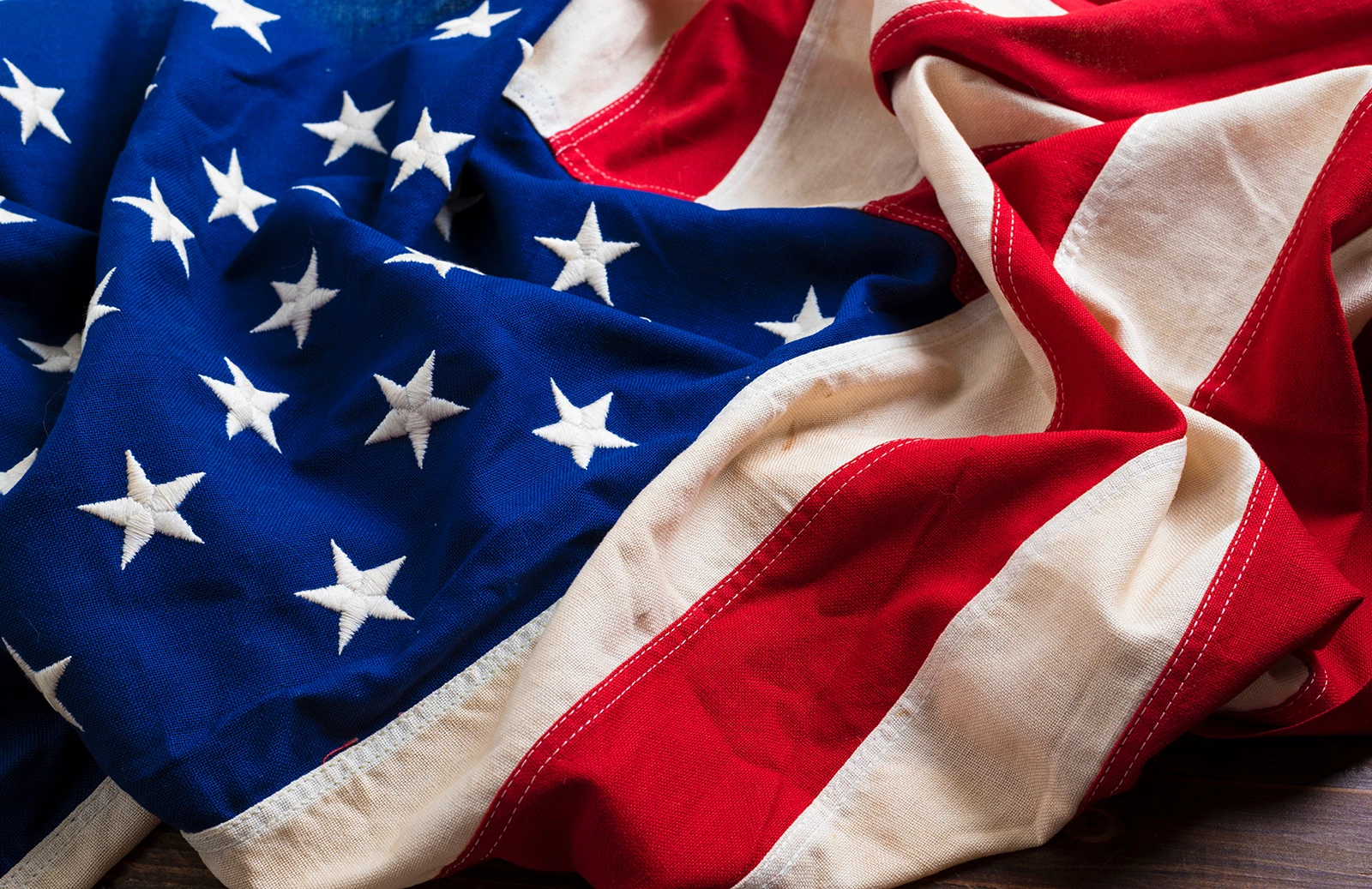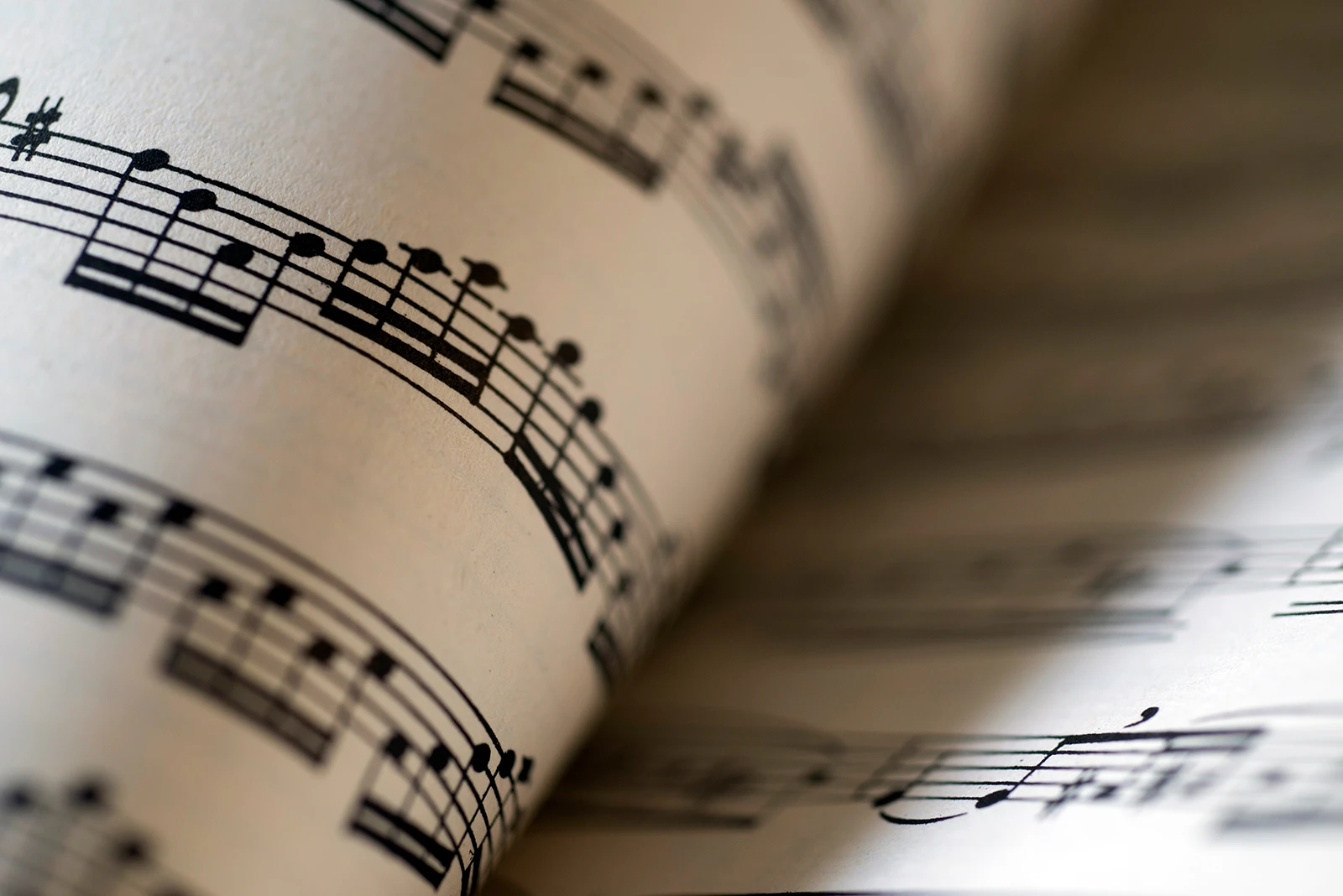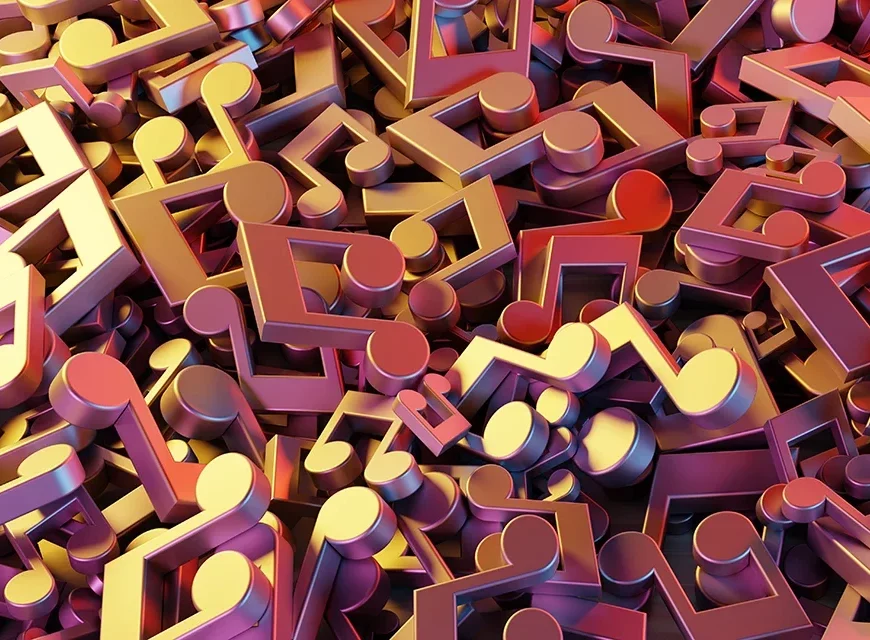Replication vs Creation
Over the past twenty-four years that I have been an educator, this might be the skinniest tightrope that my students currently cross on a daily basis, and it has required me change how I approach and instruct my students about the purpose of our art form. As a child growing up in the late 1970’s and mid 1980’s, I certainly remember taking standardized tests in school, but I don’t recall the teachers, administrators, or my parents being concerned about them in the slightest. Oh how times have changed. High stakes testing tied to governmental funding, and greater administrative oversight over educational content, have taken our profession (which used to be about educating the whole child) and turned it into a factory-based model where accuracy and uniformity of thought is prioritized over individuality, independence, and whole-brain learning. I have seen the results of this indoctrination when I ask students to contribute to class discussion. Many of them are so uncomfortable with the possibility their answer is incorrect, they would rather not participate at all to avoid embarrassment. The other concerning trend I see is that some students now see their college degree and experience purely as a business transaction, instead of an opportunity for intellectual, social, and artistic growth. This is not a surprise – at the risk of calling a “spade a spade”, if their home school district is more interested in what they can contribute with a test score (and the accompanying funds that come with that), as opposed to what each student can bring to the process (including making us better teachers!), then it is no wonder that the humanity, individuality and creativity of our students are being stripped away from the educational process with paint thinner and a wire brush.
I have also seen this disturbing trend impact the number of young people wanting to be teachers, especially arts teachers. There is a disturbing downward trend of undergraduate education majors across the country. In fact, in many states, teacher shortages have become a significant problem to the point that current students are starting to be impacted. I have heard countless stories of teachers (especially in music), being asked to cover other classes during the day due to a significant lack of substitute teachers. I realize I am preaching to the proverbial choir here, but I believe that this trend towards favoring left-brained, perfectionistic thinking is not only hurting our students now, it creates unrealistic expectations for them in the future.
Now, to bring these scales into balance, I will say here that replication is an important skill in certain areas of our personal and professional lives, including music. Multiplication tables, major scales, etc. all are important, but the purpose of replication is to build a foundation that acts as an incubator for creativity. I believe that replication is not necessarily a sign of intelligence, but that it is an indicator of work ethic, which in and of itself is a very positive and worthwhile trait. The issue as I see it, is that these scales are not in balance between the evaluation and creativity of informational content.
Consider the following:
- Creation uses both halves of the brain. Replication is purely hemispheric to one domain.
- Creation automatically invites others into the process, either as a participant or a consumer. Replication demands the sole view of a single participant.
- Creation enables us to have a multi-faceted view of the world around us. Replication forces us into a one-dimensional paradigm.
- Creation presents possibilities – replication eliminates them.
- Creation presents opportunities for collaboration – replication invites isolation.
- Creation presents opportunities for growth – replication invites stagnation.
- Creation presents opportunities for belief in our self-worth, and that what we have to offer the world is unique, needed, and special. Replication makes no such distinction, and considers individuality to be the antithesis of conformity.
Motivation vs Action
In these times, motivation is hard to come by. Many of the activities, goals, and rewards we receive from working with our students have been severely curtailed, or outright eliminated due to the pandemic. Speaking from personal experience, I miss the thrill of working with a concert band, giving a clinic to a middle school, and playing a recital for a live audience, just to name a few. This pandemic has hit our art particularly hard, from the cancellation of concerts, to the unemployment of professional musicians around the country.
How do we find motivation in these challenging times?
While I do not have an answer for every situation that I and my dear colleagues encounter on a daily basis, I can suggest a pathway that will hopefully provide meaning and even creativity in this unprecedented time in our history. That pathway, is action. Let me provide an example from my own pandemic experiences to illustrate how action worked for me, and maybe how it can work for you. In October of 2019, I broke my leg coming back from a bassoon recruiting trip. It was a freak accident involving slippery dress shoes, a big puddle of water, and crossing a busy street in a rainstorm carrying a bassoon, coffee, and a really tasty chocolate chip cookie. As a result of that injury, I began to gain weight. Then, the pandemic hit not too long after I was cleared to walk, and my lifelong struggle with stress eating created a perfect storm of putting on additional pounds. The combination of my weight (which I have always struggled with), and the loneliness of the pandemic began to take a toll on my health in a big way this past winter. As I was struggling with these issues, I was reminded of a wonderful passage from a book I read several years ago called “Feeling Good” by David Burns, who has a background in helping people find meaning and a positive message in the face of challenging life situations. Burns makes the point in his book that if we wait for motivation to created change, we will be waiting a long time. Taking action actually creates motivation, rather than the other way around. If we take action and then succeed, this creates a positive cycle that reinforces itself over time. No matter how challenging our situation, we have the power to change our mindset and take the beginning steps toward a different path.
So, what did I do? I decided to make small changes in my diet that I knew I could sustain over time, and that action led to improvements in my physical health as well as my mental outlook. Furthermore, I was able to recapture a joy for my music making which inspired me to do multiple virtual recitals this year. The beauty of taking action is that positively affect other areas of your life when we begin that journey of 1000 miles with that first step.
Another way of looking at this is to comparison of intention vs. inertia. Sir Issac Newton probably did not realize that when he was conceptualizing his laws of motion, he was accurately describing the human condition. Objects that are at rest will stay at rest unless they are acted upon by an outside force. The action we take is the force that can pull us out of the inertia that we are in, and set us on a pathway towards growth, change, and realizing our full potential in all areas of our life.
Identity vs Self Worth
This choice is something that I believe we must protect ourselves from on almost a daily basis. Music teachers are particularly susceptible to this fork in the road that can lead to doubt, lack of confidence, and sometimes abandonment of our chosen career. Why? Musicians are particularly susceptible to our career being the equivalent of our identity since what we do is intrinsically personal. It can be very difficult to separate the skill from the person, and when we falter as a result of being human, it can have difficult consequences. Similarly, the teaching profession has been under a constant barrage of criticism over the last many years from politicians, parents, and communities at large that do not understand, appreciate, or support the important role they play in raising the children in a given community. When you put these two together, it can place unrealistic expectations on any music teacher.
Ironically, when you begin to experience success on a more consistent basis, the bigger this problem becomes. I am reminded of my years as a young bassoonist in college, trying to play as well as the upper classmen in my studio. Very often, if I could not perform perfectly on a concert, recital, or lesson, it would bring me into a very dark place, and I would question if I was making the right career choice. In fact, I considered changing my major after my first semester. I am forever indebted to my bassoon teacher, David Borst, for seeing what I was going through and helped me during this time. I fought this dragon on multiple occasions, even through graduate school and my early years of teaching. However, due to the passing of time, and the help of many people, I gradually began to realize that what we do, and how well we do it, is not equivalent to our self-worth.
Just by being you, you automatically have self-worth. Music shows you a dimension of your self-worth that allows you to make connections with others, because music reveals and puts you in touch with your humanity. When two people in touch with their humanity communicate, they do so from a very special place. It allows for an exchange of ideas without pretense, and feelings of superiority or inferiority.
Deposits vs Withdrawals
Music is a perfect metaphor for this concept. When you practice as an individual and as a group, you make a deposit in the bank. The better the rehearsal, the larger the deposit. Over time, you try to make the largest deposits you can. When you perform, you write the check. Hopefully, you have enough money in the bank that the check doesn’t bounce!!!
Music is all about making deposits – to the composer, your fellow ensemble members, to your school, and to your community. These deposits over time pay huge dividends, for lots of different reasons.
Where we get into trouble is when we make countless withdrawals with not many deposits. If I have a bassoon student who practices a lot, and needs to miss a lesson one week due to the demands of life, that is an easy call for me to make since they have been making deposits to me all along. However, if this student constantly misses lessons, never practices, and wants to skip another lesson, that check is going to bounce due to lack of deposits.
The same is true with our friends and family. If all we do is make withdrawals without making deposits of care, love, trust, honesty, support, and kindness, we will quickly exhaust that bank account and bounce checks all over the place. Have I bounced some checks? You bet. Our profession can be all encompassing to the exclusion of everything else, and while our intentions may be pure to give our all for our students and our art, we cannot forget about the important people in our lives that sustain us and give us meaning. To this day, I can still remember the feeling I got in the pit of my stomach when I made too many withdrawals, and I use that feeling to make sure I do not repeat that in the future.
We have to remember that by making these deposits, we are simultaneously investing in ourselves and others. As a teacher, I invest part of my salary so that when I retire I can live comfortably. Those funds grow over time. The same thing happens when you make investments in people. If you invest love, love grows. If you invest support, support grows. If you invest kindness, kindness grows. As musicians, we already understand these concepts, and we can make such a big difference in the world if we make deposits of compassion, passion, patience, empathy, and understanding towards our student, our families, our friends, and our art.
Gentle readers, thank you so much for taking time to join me on my very personal journey during these last two issues. My dearest hope is that it might help you make sense of the choices we have to make as educators, artists, and human beings. To quote Robert Frost:
Two roads diverged in a wood, and I-
I took the one less traveled by,
And that has made all the difference.
See you next month!
